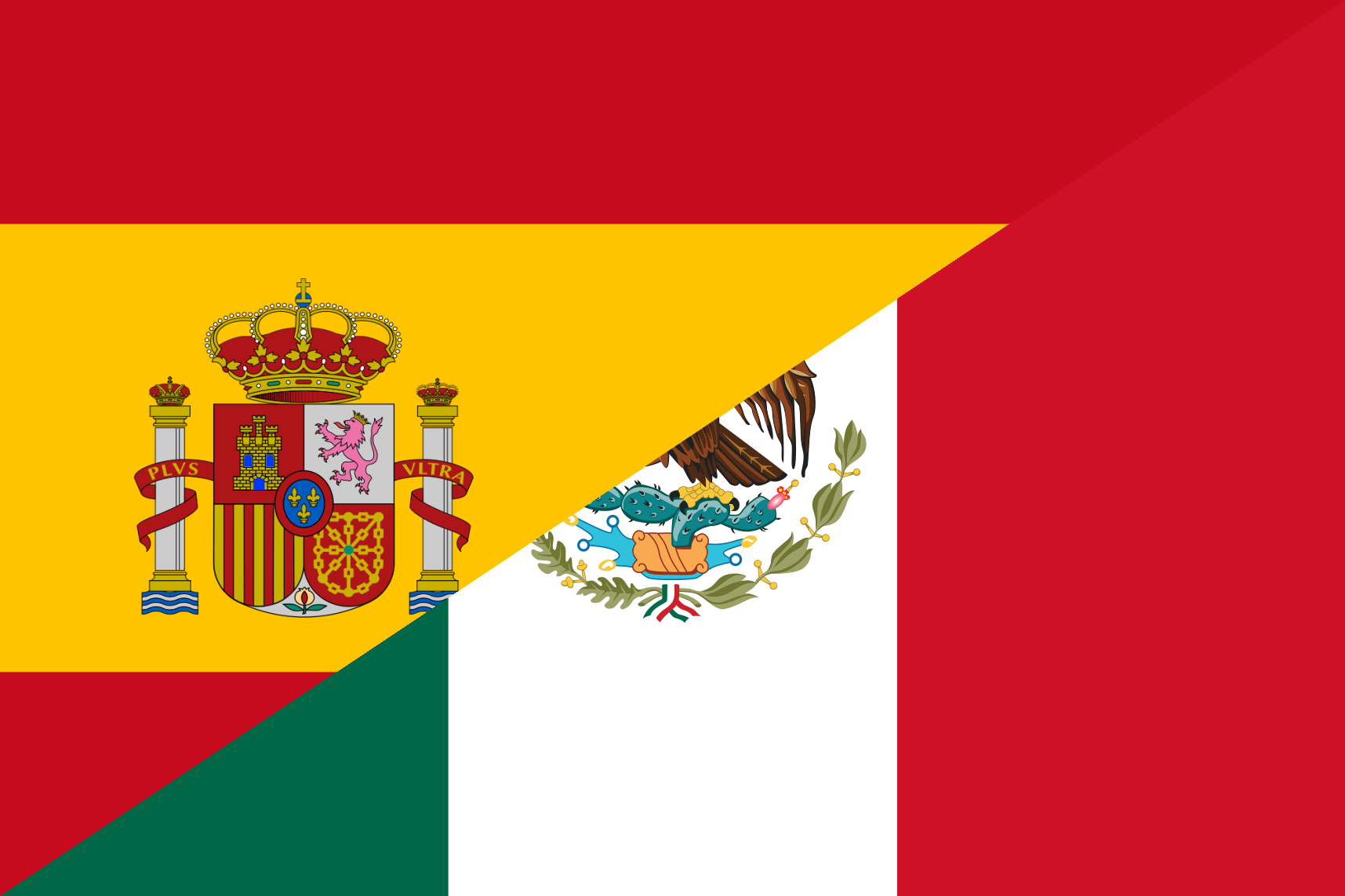estar
(Îngilîzî)
- (intransitive) to be (have a temporary or permanent location in space)
- (intransitive) to be (denotes a copula, in a transient fashion)
- to be (auxiliary verb for the progressive/continuous aspect, preceding the gerund of the verb)
- (intransitive) to be in a state (in a passive voice sense)
- (reflexive) to be, stay (denotes a copula, in a transient fashion)
- (intransitive) to be (still)
- (intransitive) to be in a long-term state (in specific idioms)
Pircarînî
Bi hîfenê ve hatîye girêdan wek
es‧tar
Wekî (IPA) tê bilêvkirin
/esˈtaɾ/
Etîmolojî (Îngilîzî)
In summary
Inherited from Old Spanish estar, inherited from Latin stāre (“stand”). Compare English stand. The preterite's origin is unclear, most likely generalized from the preterite of haber (“to have”), hub- (note that b and v are pronounced identically; compare the same development in andar and tener). Compare the same development in Portuguese estar. Cognate with English state. Preterite, imperfect subjunctive and future subjunctive forms are derived from tener.
Related words
estar sentado
sientate
haver
tener todo
tar
haber visitado
haber estado
habitar uno
reverenciar a Dios
claramente por públicamente
ser de
Sign in to write sticky notes








Dest bi fêrbûna spanî bi learnfeliz .
Axaftin û jiberkirina " estar " û gelek peyv û hevokên din di spanî .


 sein
sein essere
essere être
être estar
estar zijn
zijn